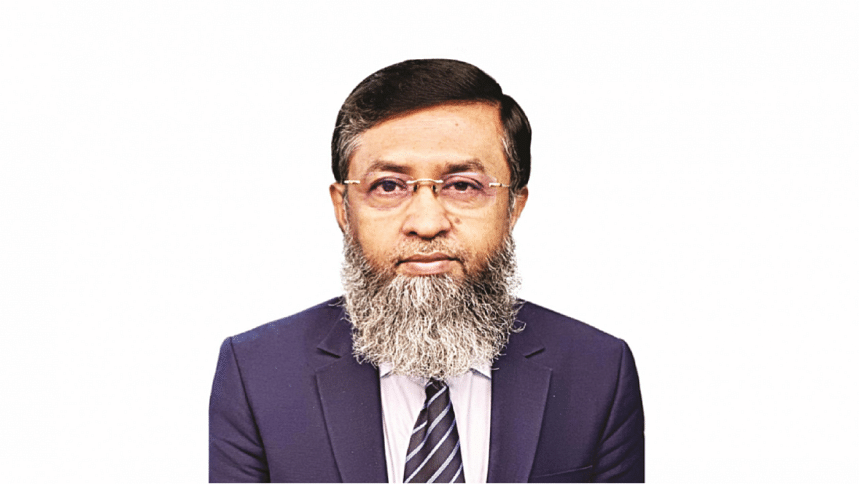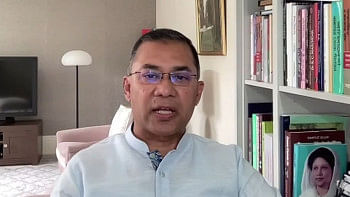'Don't think there will be any effect on export'

Bangladesh is taking steps to improve labour rights and working conditions, so it is unlikely to face any sanctions from the European Union or United States, meaning exports will remain unaffected, said a top leader of the Bangladesh Knitwear Manufacturers and Exporters Association (BKMEA)
"We do not think there will be any impact on export," Mohammad Hatem, executive president of BKMEA, told The Daily Star in an interview.
In fiscal year 2022-23, knitwear accounted for 55 percent of the total export earnings of $47 billion from the ready-made garments (RMG) sector, the biggest export earning sector and largest employer.
Hatem's reaction comes after the EU, a bloc of 27 nations, in a report on Bangladesh, Myanmar and Cambodia, raised concerns over anti-union discrimination, obstacles to trade union establishment and operation, occupational safety and health, labour inspection, child labour and forced labour.
The EU also expressed concerns over "alleged torture, extrajudicial killings, and enforced disappearances, as well as for deficiencies regarding freedom of expression, freedom of assembly and the civil society space and the application of the death penalty".
EU countries import more than half of Bangladesh's garments without duty under the Everything but Arms (EBA) initiative for least-developed nations.
Prior to the EU's report, the US issued a presidential memorandum on advancing worker empowerment, rights, and raising labor standards globally, which raised concerns about trade penalties and visa restrictions.
Hatem said they were working with the EU regarding labour rights, amending the labour law and rules in line with their recommendations.
For example, he said the threshold of representation of workers of a factory to form a trade union has been reduced from 40 percent to 15 percent. "A lot of trade unions have been formed in the last decade," he said.
Hatem said Bangladesh has ratified a higher number of conventions of the International Labour Organization compared to competitor countries in the garments sector. "We are doing whatever is required to ensure labour rights," he said.
The BKMEA leader said the US presidential memorandum on worker issues was not country specific but would apply globally.
"We are not concerned. We are not panicked," he said.
Many countries in Africa have poor labour conditions and their products get duty benefits to the US market whereas Bangladeshi garments face nearly 16 percent import tariff for entry, he said.
Besides, Bangladesh's human rights conditions are not the same as Myanmar and Cambodia, he said.

 For all latest news, follow The Daily Star's Google News channel.
For all latest news, follow The Daily Star's Google News channel. 



Comments